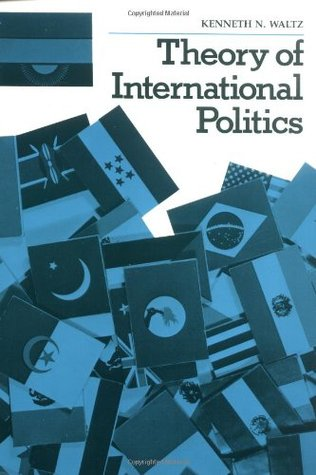
Do forward-deployed forces deter? Not if they're merely "Tripwires". That's what Dan Reiter and I argue in this new @TXNatSecReview piece!
This is the first paper in a project I'm roughly titling "You've formed an alliance! Now what?"
tnsr.org/2021/06/the-tr…
This is the first paper in a project I'm roughly titling "You've formed an alliance! Now what?"
tnsr.org/2021/06/the-tr…
My early work on alliances (which is heavily indebted to @BAshleyLeeds) mostly looked at formation.
cornellpress.cornell.edu/book/978150174…
cornellpress.cornell.edu/book/978150174…
This new project explores what states (mostly major powers and, well, really 🇺🇸) should do with allies once they have them.
Subsequent papers will look at the effectiveness of shaming allies (w/ @sekreps, @RochelleTerman, & @JordanMBecker), if major powers should bother with reassuring allies (w/ @Robert_E_Kelly), and who even counts as a "true" ally (w/ @SibelOktay, @RoguePollster, & @ckafura).
These papers are exciting for me because, by working with a host of terrific co-authors, they take my alliance work in new directions and employ a variety of methods: historic case studies; text-as-data; survey experiments; & foreign policy analysis.
More to come!!
• • •
Missing some Tweet in this thread? You can try to
force a refresh











